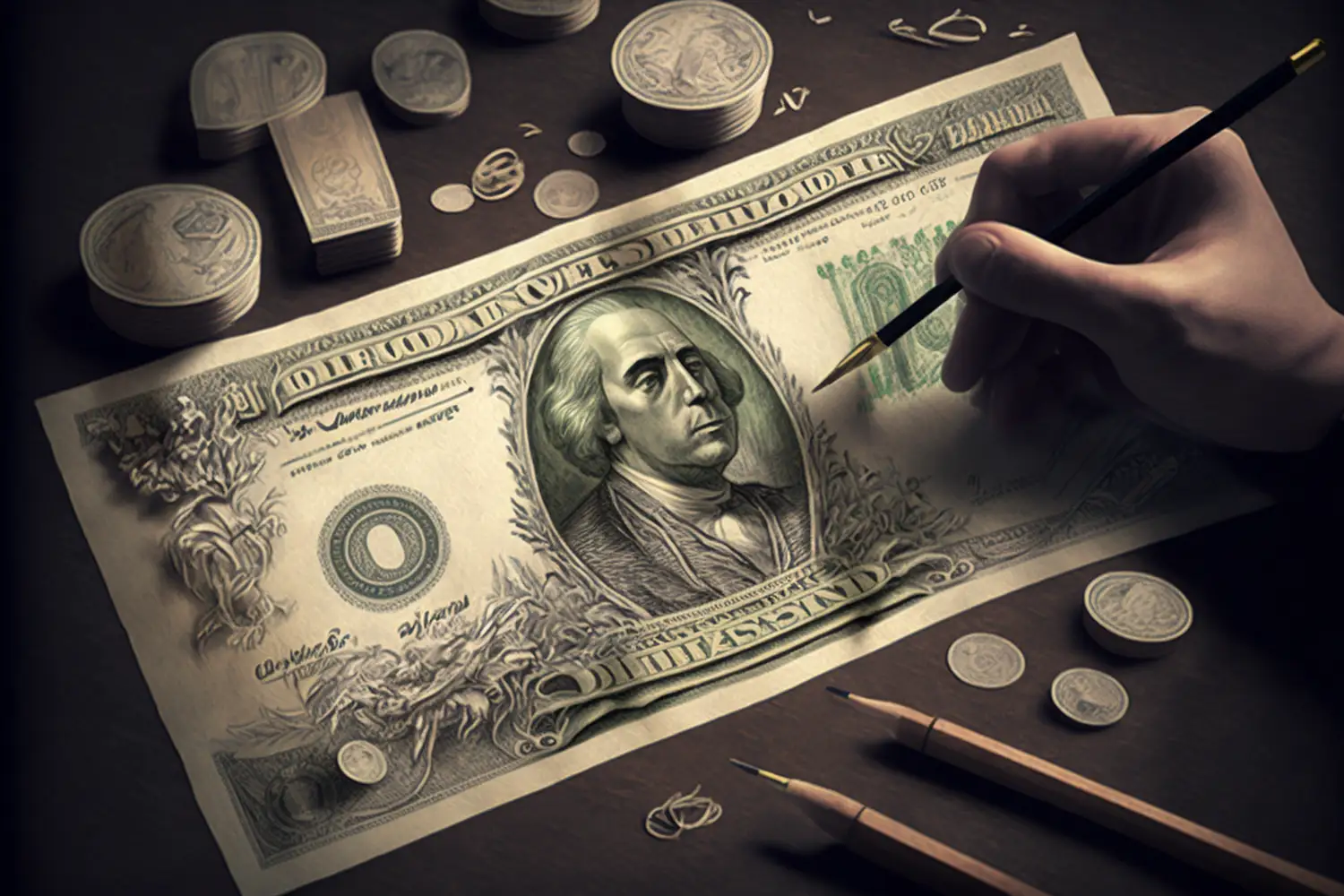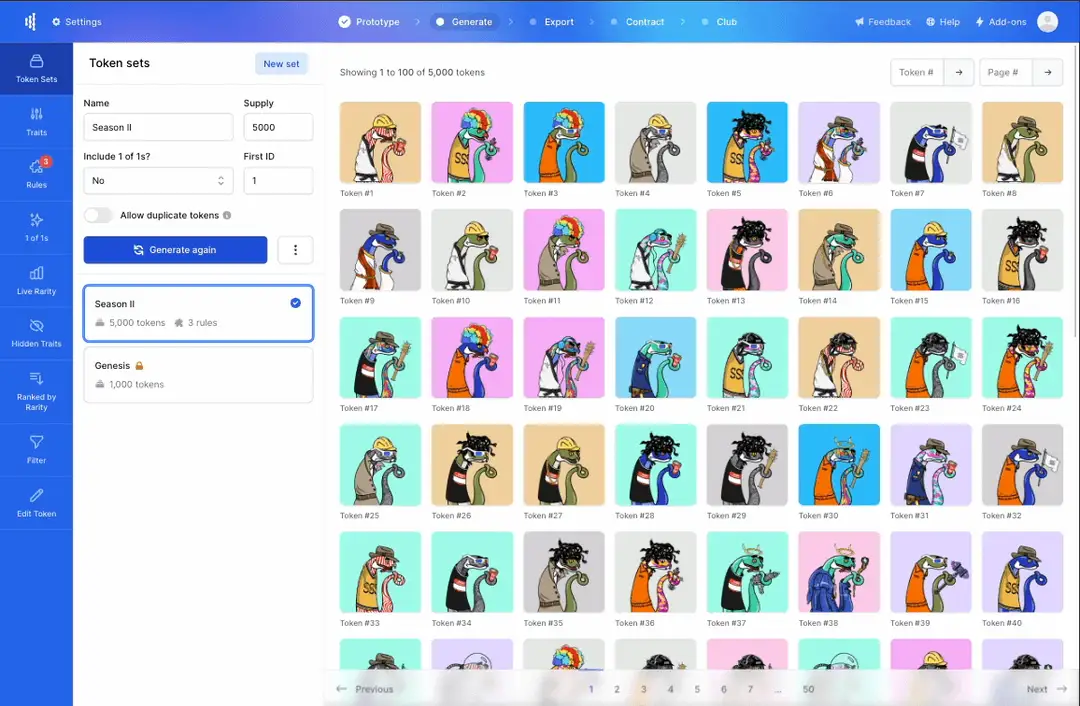
NFT Creator Royalties: Everything You Need to Know
Introduction
Integral to the NFT landscape, creator royalties offer artists a share in the ongoing sales of their work. As NFTs gain traction and escalate in value, it's crucial for creators to comprehend the significance of royalties and discern the marketplaces that uphold them.
In this piece, we delve into creator royalties, their relevance, and their enforcement status.
What are Creator Royalties?
Creator royalties represent a fraction of an NFT sale, given to the creator each time their NFT is resold. Generally, these royalties fall within 5-10% of the sale price and are embedded within the creator's smart contract, rendering them traceable via blockchain. This consistent revenue stream empowers creators to continually produce and distribute their art.
Enforcement of Creator Royalties
Lately, the enforcement of creator royalties within NFT marketplaces has stirred up controversy. Amidst dwindling NFT trade volumes and depreciating cryptocurrencies, several marketplaces have reconsidered their royalty enforcement policies, as a strategy to augment their profit margins. Certain marketplaces now make royalties optional for buyers or eliminate them entirely. This trend has incited discontent among creators who rely on royalties for their livelihood. Nevertheless, some marketplaces steadfastly enforce royalties, even fortifying their related policies.
Why Are Creator Royalties Important?
Royalties are often the primary income source for NFT creators. Without this steady stream, many digital artists might cease producing. Royalties ensure that creators are duly rewarded for their work, especially as its value appreciates over time. This encourages creators to persist in crafting high-quality NFTs and propels the growth of the NFT marketplace overall.
Where Do Leading NFT Marketplaces Stand?
For creators contemplating royalties, we offer insights into the policies of leading NFT marketplaces:
OpenSea
Initially, they announced that they were changing their royalty model to a more "thoughtful, principled approach." This model allowed new collections launched on OpenSea to opt-in to enforcing creator royalties while also blocking trading on other marketplaces that don't enforce fees. However, after facing backlash from NFT creators, OpenSea reversed their decision and continued to honor on-chain royalties for both new and old collections.
LooksRare
Decided that they would no longer support creator royalties and instead share 25% of the LooksRare Protocol fee with creators or collection owners. They also allow buyers to contribute additional royalties to creators at checkout.
Rarible
They honor creator royalty fees and have a robust system for ensuring artists receive a percentage of secondary sales. Currently, rhey support two types of royalties: RoyaltiesV1, RoyaltiesV2, and EIP-2981.
X2Y2
Initially they announced that they would no longer enforce creator royalties. However, after facing backlash from the community, they took on the feedback, reversed course and continued to enforce royalties on both new and old collections.
Marketplaces Enforcing Royalties:
- SuperRare
- OpenSea
- Mintable
- NiftyGateway
- Rarible
- Zora
- Exchange.art
- Foundation
- X2Y2
Marketplaces Not Enforcing Royalties:
- LooksRare
- Magic Eden
- Blur
- Sudoswap
It's important to note that while some marketplaces may not enforce royalties, they may still provide alternative ways for creators to earn income from their NFTs. Take the example of LooksRare, with their option of allowing buyers to contribute additional royalties to the creators at checkout.
What's Next for Creator Royalties?
As the NFT market continues to evolve, it's essential for creators to keep a close eye on the marketplaces they use and their royalty policies. While the recent trend has been to move away from enforcing creator royalties, the collective voice of artists has already had a significant impact on marketplaces. It's possible that more marketplaces will move towards non-royalty models of trading, but for now, the markets that enforce royalties are the best options for creators looking to earn a continuous income from their NFTs.
Feeling inspired?Launch your NFT today.
Prototype, generate and launch your collection with the most powerful no-code NFT toolkit.
Sign up for free